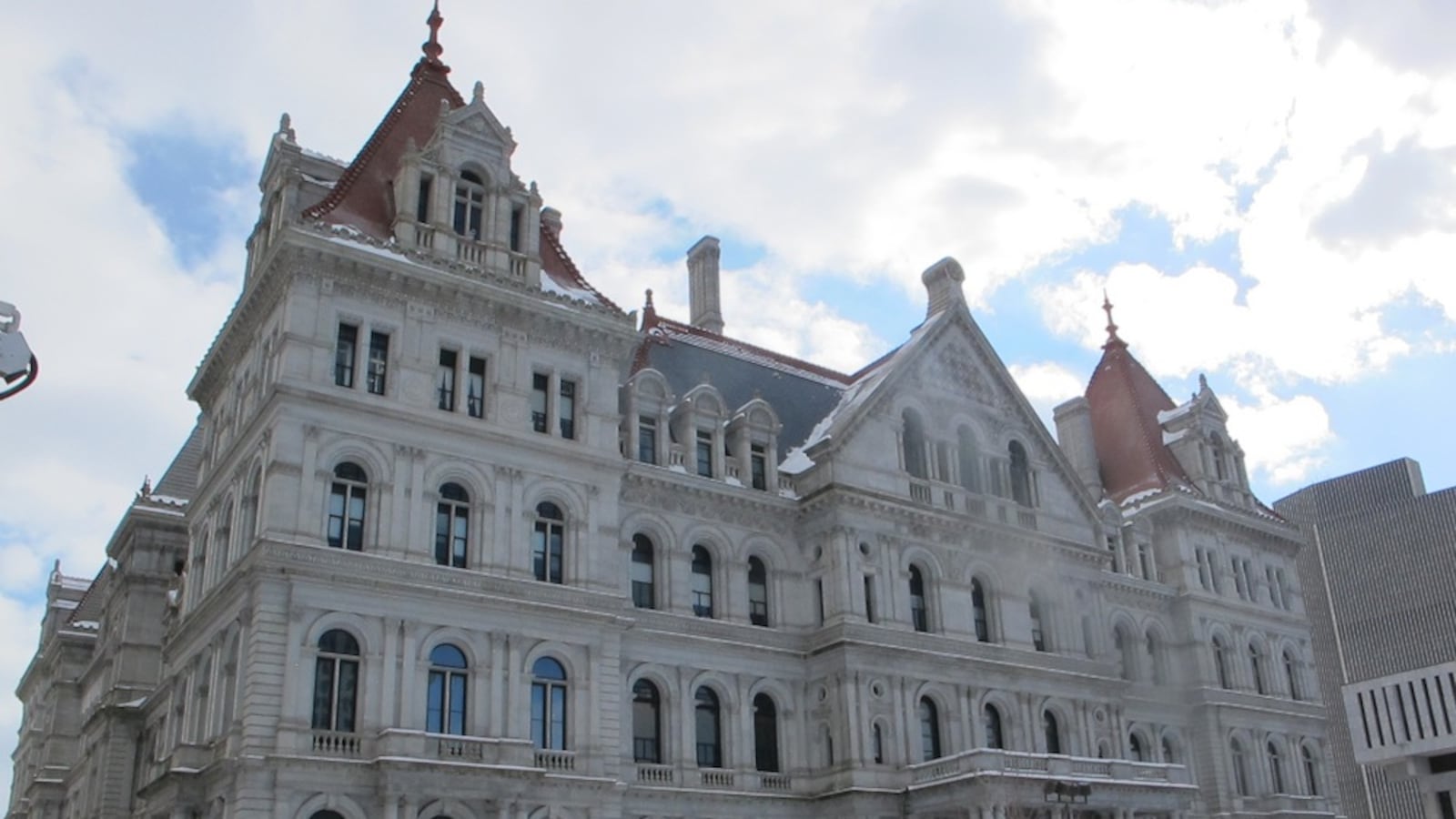New York’s top education policymakers asked for a 6 percent hike in school funding Monday — a less ambitious request than last year, which reflects the deep fiscal uncertainties currently looming over the state.
The state Board of Regents’ call for a $1.6 billion increase in its annual school-aid request was less than the $2.1 billion raise it sought last year. The request is meant to inform lawmakers as they head into a new legislative session where they will hash out their spending plan for next fiscal year. But they aren’t bound by the proposal; last year, the state boosted education spending to $25.8 billion — $1 billion short of what the board recommended.
In creating its wish list for the 2018-19 school year, the Regents had to account for serious fiscal challenges facing New York: a $4.4 billion projected state deficit, the looming threat of federal spending cuts, and a Republican tax overhaul that is expected to deal an economic blow to high-tax states like New York.
“In the context of virtually every place where funding comes in, we are seeing substantial cuts,” said State Commissioner MaryEllen Elia during the board’s monthly meeting.
The bulk of the board’s suggested increase — $1.25 billion — is for “foundation aid,” a formula created in the wake of a school-funding lawsuit alleging that New York was shortchanging districts with many poor students. The formula, which provides nearly a third of New York City’s state education money, allocates extra funding for high-poverty districts. (About 37 percent of the city’s overall education budget comes from the state.)
The proposal includes $85 million in additional funding to support students who are not native English speakers. In addition, the board is seeking $25 million for career and technical education and $20 million for prekindergarten programs.
The request also includes funding to carry out New York’s plan under the federal Every Student Succeeds Act, which spells out how the state will evaluate and intervene in schools. That set of recommendations includes $10 million to monitor school culture and bullying.
The Regents’ request is more modest than the $2 billion increase called for by the Educational Conference Board, a coalition of statewide organizations including the state teachers union and groups representing school boards and superintendents. The coalition has said that a $1.5 billion increase is needed just to maintain educational services at their current levels.
Even though the Regents’ request fell short of what the coalition sought, the teachers union praised the board’s proposal on Monday.
“The Regents’ state aid request is a clear statement of support for what New York’s public schools need — a substantial increase in state aid so they may continue their clear progress toward providing every child with an excellent education,” said New York State United Teachers President Andy Pallotta in a statement.
At the board’s meeting last month, state officials signaled that they might temper some of their requests in light of funding uncertainties at the federal and state level.
New York residents are expected to be hit hard by a federal tax overhaul, which is likely to curtail state and local tax deductions. In response, state and local governments may face pressure to reduce their tax rates — which could cut into school funding. The state is also bracing for the federal government to reduce spending in order to fill the $1.4 trillion hole that would be caused by the proposed tax plan.
At the same time, New York is staring down its own projected $4.4 billion budget gap next fiscal year — which begins April 1 — due to a shortfall in tax revenue. It’s possible that some high-earners are choosing to defer some of their income until Congress finalizes the tax overhaul, said Mark Johnson, spokesman for state Comptroller Thomas P. DiNapoli.
The board’s request must be formally approved at the full board meeting on Tuesday.
The state legislature will vote on its spending plan next spring. If lawmakers heed the board’s request, state education spending would reach a record high of $27 billion this year.

